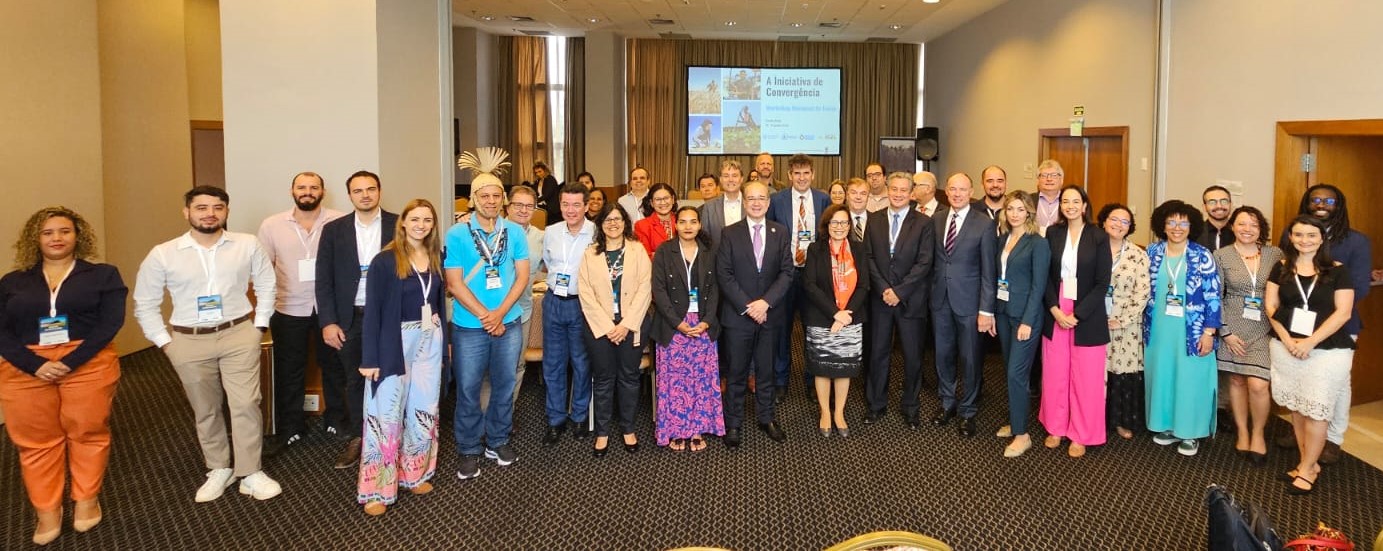SEED FUNDING JOINT PROGRAMMES
Jordan
Transforming Jordan's Agri-food System towards greater sustainability and resilience



PROJECT TITLE | Transforming Jordan's Agri-food System towards greater sustainability and resilience |
| Context | Since 2021, Jordan has placed food security and system at the forefront of its developmental goals with the adoption of the National Food Security Strategy (NFSS) for 2021–2030. The NFSS envisions access to safe, affordable, and nutritious food for all by 2030. The 2022-2024 National Food Security Action Plan for the implementation of the NFSS prioritizes food availability, improved access to and better utilization of food, and strengthening governance mechanisms. |
| PUNOs | FAO, UNIDO |
| Contribution to SDGs | SDG 2 Zero Hunger, SDG 8 Decent Work and Economic Growth |
| Contribution to other SDG transitions | Decent Jobs and Universal Social Protection |
| Duration | September 2024 – August 2025 |
| Expected financial leverage | USD 30,000 – co-financing from FAO, UNDO, MoA |
| Alignment with SG Call to Action | Policy integration; Food systems governance; Research, data, technology and innovation; Inclusive and participatory design; Private sector engagement; Financing |
| Outcomes | The JP strengthens the government’s capacity to identify and implement strategic programs that deliver positive outcomes across multiple dimensions of food systems, including production, post-harvest, processing and distribution. The JP emphasizes the inclusion of refugees, women and youth in food systems. |
| Partners |
|
| Outputs |
|
Workshop in Brasilia addresses food systems and climate change

©WFP/Ana Mascarenhas
Brasília, Brazil – As climate change intensifies, rethinking how food is produced and consumed is essential. Addressing this, Brasília hosted a National Inception Workshop from October 29 to 31 to pilot the Convergence Initiative – an effort led by the UN Food Systems Coordination Hub to align food systems transformation with climate action.
This initiative builds on commitments made at COP28, held in 2023 in the United Arab Emirates, where countries pledged to advance sustainable agriculture, resilient food systems, and climate action. It also responds to the UN Secretary-General’s Call to Action from the UN Food Systems Summit +2 Stocktaking Moment (UNFSS+2).
Ambassador Maria Laura da Rocha, Secretary General of the Brazilian Ministry of Foreign Affairs, described the workshop as an invaluable opportunity to advance Brazil’s climate policies. She highlighted Brazil’s National Climate Action Plan, which unites government sectors to address sustainable finance, bioeconomy, food systems, circular economy, and technology. “We hope this exchange will drive critical progress toward COP30,” she stated in her opening remarks.
Supported by the Government of the Netherlands, the Convergence Initiative assists countries in aligning food systems transformation with climate action, accelerating progress toward the Sustainable Development Goals (SDGs) and the Paris Agreement.
Organized by Brazil’s Ministry of Foreign Affairs and the UN Food Systems Coordination Hub, with support from the WFP Centre of Excellence in Brazil and FAO, the workshop gathered representatives from the Brazilian government, civil society, academia, research institutes, and UN agencies. Participants shared policies aimed at transforming food systems and addressing climate challenges in Brazil, while reviewing Brazil’s national and international commitments in these areas.
In his opening remarks, André Driessen, Ambassador of the Netherlands to Brazil, reiterated the Netherlands’ commitment to support Brazil’s food systems transformation through knowledge sharing and active collaboration. Stefanos Fotiou, Director of the UN Food Systems Coordination Hub, presented Brazil’s updated national food systems pathway with a central focus on the right to food. Jorge Meza, FAO’s representative in Brazil, underscored the Convergence Initiative’s critical role in eradicating hunger and ensuring food and nutrition security, stating, “We are steadily losing agrobiodiversity due to our food systems’ current structure.”
Daniel Balaban, Director of the WFP Centre of Excellence against Hunger in Brazil, stressed the urgency of action: “We are at a crucial moment in 2024 to transform the world. There has never been so much global unity in transforming food systems, and Brazil is taking a leading role in this change. Now is the time to turn commitments into action. Countries must direct resources toward saving lives. The Brazilian government is fully committed to eradicating hunger, and we are here to support them.”
Arnoud Hameleers, representing IFAD, emphasized Brazil’s vital role within global food systems, noting, “Many factors that influence sustainable food systems extend beyond borders, making resilience a shared challenge.” He pointed out the importance of strategic decisions in shaping Brazil’s path in the Convergence Initiative. “Scenario building allows us to understand the system and find synergies, especially for rural communities, which often bear the heaviest burden.”
Following in-depth discussions, participants crafted recommendations to guide future actions for integrating food systems and climate agendas. The workshop laid a solid foundation for Brazil’s leadership in this initiative, setting a powerful example for lasting change both within its borders and beyond.
